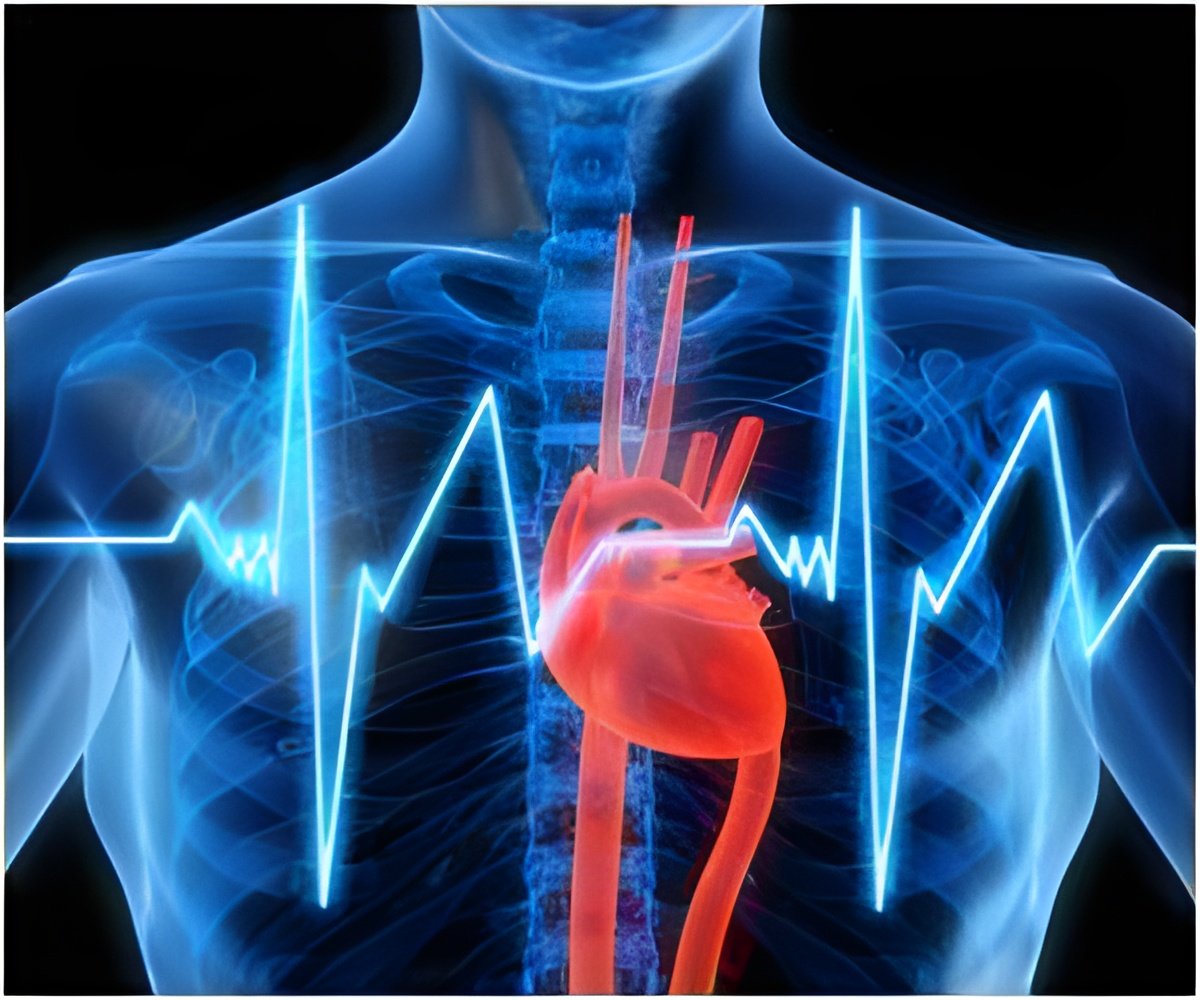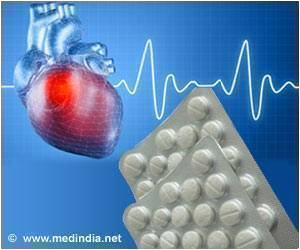In the early diagnosis of acute myocardial infarction (AMI, heart attack) using chest pain characteristics (CPCs), specific to women in the emergency department does not seem to be supported by the findings of a study.

While about 90 percent of patients with AMI present with chest pain or discomfort, some patients present without typical chest pain. Sex-specific differences in symptom presentation among women have received increasing attention. But it remains unclear whether identifying sex-specific CPCs is possible to help physicians differentiate women with AMI from women with other causes of chest pain, the authors write in the study background.
Maria Rubini Gimenez, M.D., of University Hospital Basel, Switzerland, and colleagues examined whether sex-specific CPCs would let physicians make that differentiation.
Their study included 2,475 patients (796 women and 1,679 men) who presented with acute chest pain at nine emergency departments from April 2006 through August 2012. AMI was the final diagnoses in 143 women (18 percent) and 369 men (22 percent). Researchers examined 34 CPCs, including location, onset and pain radiation to other parts of the body.
Study findings indicate most CPCs were reported with similar frequency in women and men, although some were reported more frequently in women. Most of the CPCs studied by the researchers also did not differentiate AMI from other causes of acute chest pain. Only three CPCs (related to pain duration and decreasing pain intensity) appeared related to sex-specific diagnostic use, which researchers acknowledge could be the result of chance.
"Our data confirm that CPCs are not powerful enough to be used as a single tool in the diagnosis of AMI and need to be used always in conjunction with the ECG [electrocardiogram] and cTn [cardiac troponin, which are cardiac markers] test results in the diagnosis of AMI," the authors conclude.
(JAMA Intern Med. Published online November 25, 2013. doi:10.1001/jamainternmed.2013.12199. Available pre-embargo to the media at http://media.jamanetwork.com.)
Editor's Note: Authors made conflict of interest disclosures. The study was supported by research grants from the Swiss National Science Foundation, the Swiss Heart Foundation, the Cardiovascular Research Foundation Basel, the University of Basel and the University Hospital Basel. Please see the article for additional information, including other authors, author contributions and affiliations, financial disclosures, funding and support, etc.
Commentary: Chest Pain in Acute Myocardial Infarction
In a related commentary, Louise Pilote, M.D., M.P.H., Ph.D., of McGill University Health Center, Quebec, Canada, writes: "Gimenez et al asked whether detection of sex-specific chest pain characteristics (CPCs) would allow emergency department physicians to diagnose AMI in women more accurately."
"The study revealed that none of the CPCs were more useful at enhancing the posttest probability of AMI in women compared with men," Pilote continues.
"The authors are to be congratulated for providing clarification on whether men and women have fundamental differences in their presentation of chest pain. Their work clarifies that presentation of chest pain between men and women is not as different as commonly thought and provides new knowledge on the value and limitation of chest pain in making a diagnosis of AMI in women as well as in men," Pilote concludes.
(JAMA Intern Med. Published online November 25, 2013. doi:10.1001/jamainternmed.2013.12097.
Source-Newswise
 MEDINDIA
MEDINDIA




 Email
Email










